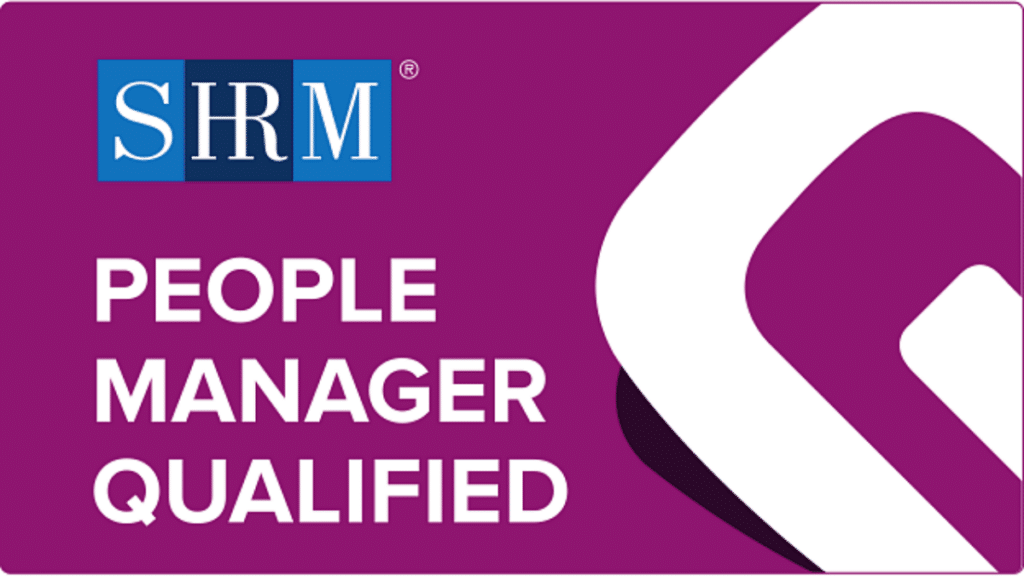Encourage Managers to Build a Peer Network
Estimated reading time: 4 minutes
We often talk about the importance of managers building good relationships with employees and even their boss. But I don’t know that we spend enough time talking about the importance of managers building good working relationships with their peers.
Something I liked about the PMQ was that, in the context of building a manager peer network, HR could be included as a part of that network.
I learned this lesson years ago. I used to work for a company that liked to interview…a lot. It was nothing for a candidate to have 5-6 interviews before they were extended an offer. And as much as I tried to get them to convert some of those individuals interviews into a panel or reduce the number of interviews in general, my efforts didn’t work.
Over time, I realized that the employees we hired arrived on the first day with a built-in network. When they had questions that they really didn’t want to ask the director of human resources or their manager, they had a network of colleagues who could help them. That network of colleagues were all those people who interviewed them.
So, something that I thought was unnecessary (like extra interviews), might have actually been an advantage. We found that new hires having a network helped with onboarding and retention. As a result, we started to explain it as an advantage during the hiring process.
SHRM People Manager Qualification
The value of a peer network was one of my big takeaways in the Society for Human Resource Management’s (SHRM) People Manager Qualification (PMQ) program. The PMQ program is a self-paced, virtual learning experience that helps managers gain the skills they need for success. I don’t want to give too much of the program away – there’s a short demo video on their website – but the PMQ is set in a modern workplace with characters that think and react very much like modern managers.
The program focuses on skills every manager needs to succeed like effective communication, performance management, team and situational judgment. Examples include dealing with office gossip, being liked as a manager, delivering tough conversations, tacit approval, and getting comfortable with being uncomfortable. The PMQ also discusses diversity, inclusion, equity, and belonging topics.
Again, what I really liked about the PMQ was that the program encouraged managers to build a peer network. Let’s face it, becoming a new manager is tough. Especially if you were promoted from inside the organization. You must transition from being one of the team to leading the team (and it’s not the same). Finding a group of peers who can support each other while having some fun along the way is essential.
The other thing that I liked about the PMQ was that, in the context of building a manager peer network, HR could be included as a part of that network. This is another topic we don’t spend nearly enough time on (I’ll save that for another day). Managers should have good working relationships with HR. Going to talk with HR should be a two-way discussion, not a one-way set of rules and regulations. I thought the PMQ did a good job of showing how partnerships with HR should work.
Managers Need Supportive Peer Networks
From a logistics perspective, the PMQ is divided into “seasons” where the managers deal with certain issues. Think of it like a TV show. An episode is typically less than 30 minutes. Managers could participate in an episode a day. It’s very doable. HR could get managers together for a debrief after each season and use it as an opportunity for managers to start building their peer network.
I could see the PMQ being very valuable for organizations that aren’t able to bring groups of managers together for a traditional development program. And there are several reasons in-person training might not be feasible – budgets, staffing challenges, and yes, the pandemic. But that doesn’t mean training should stop. In fact, training becomes even more important.
There’s no rule that says managers can’t build positive working relationships with other managers. And that manager groups can’t learn from each other, coach and mentor each other, and be supportive of each other. If organizations want their managers to be successful, giving them the tools and space to build their own support is essential.
16